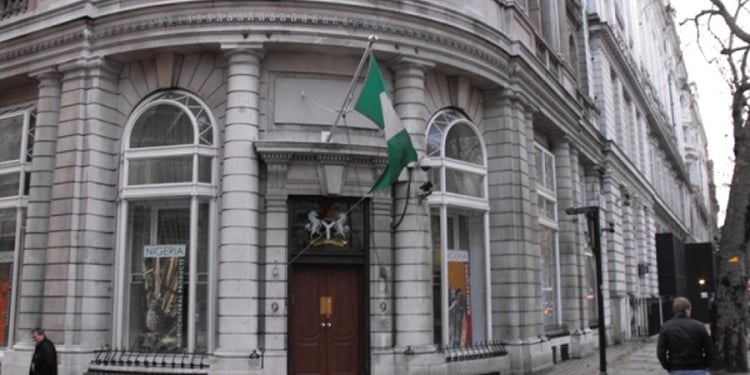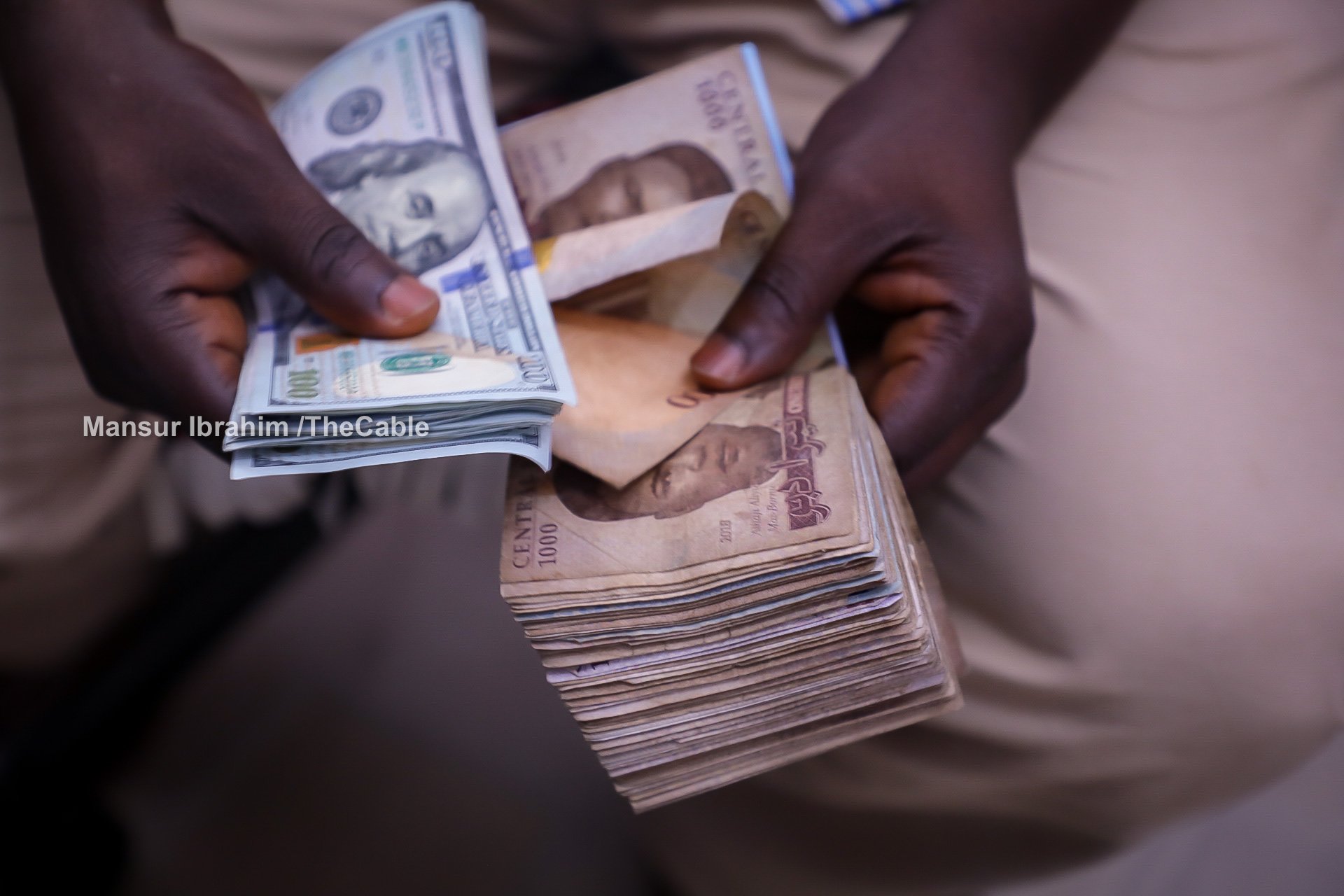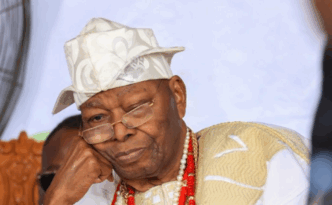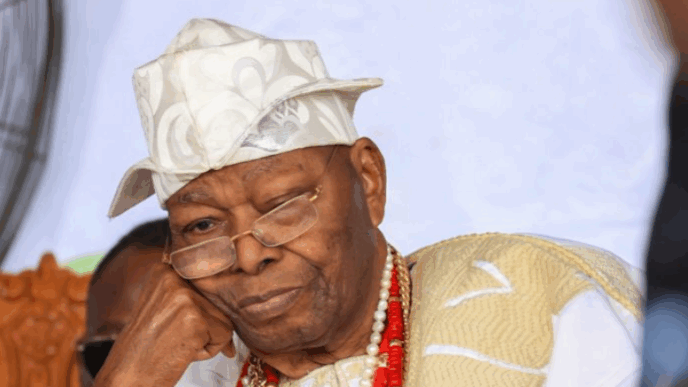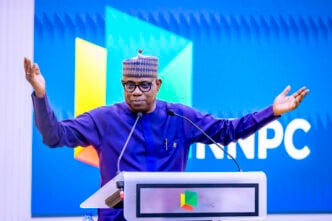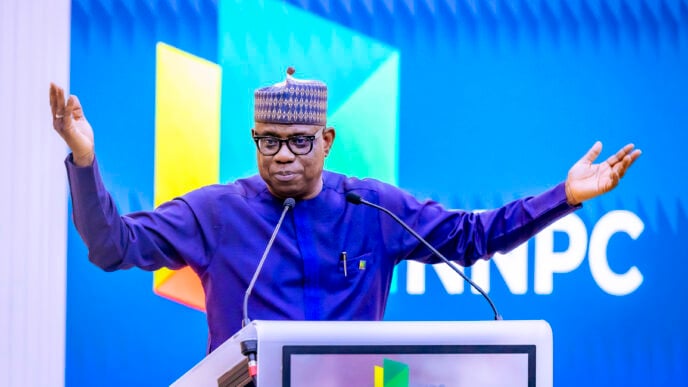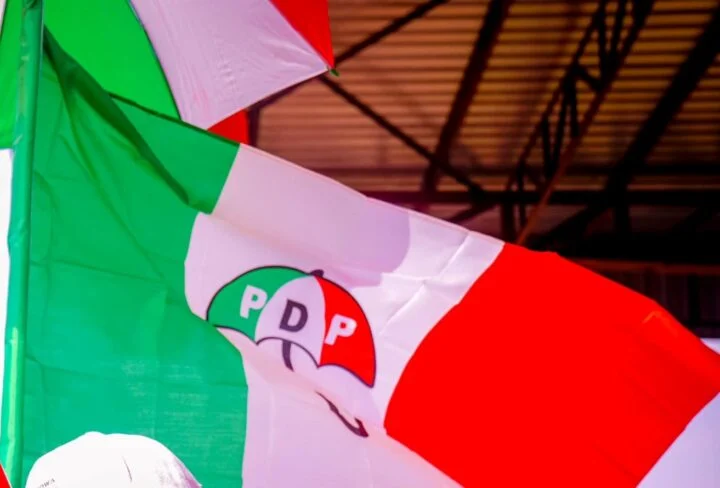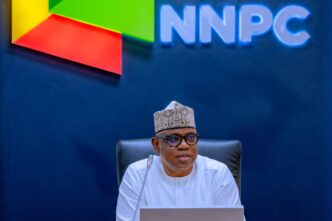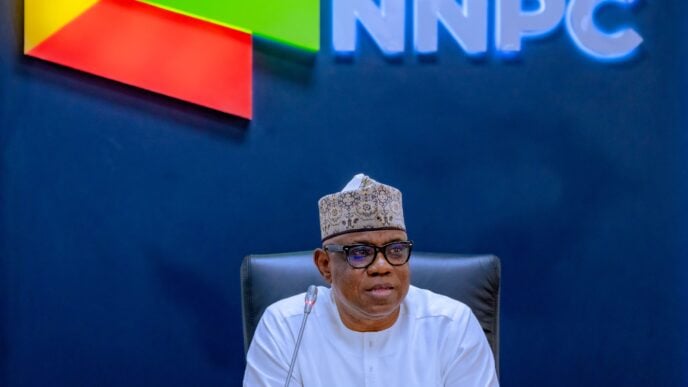BY FOLAWIYO OLAJOKU
Nigeria’s absence of ambassadors in its embassies abroad has severe implications for the country’s diplomatic relations, economic growth, and national security. Over 18 months have passed since President Bola Tinubu recalled all Nigerian ambassadors, yet new appointments have not been made, leaving the country’s foreign missions without substantive heads.
The lack of ambassadors has resulted in a significant diplomatic gap, affecting Nigeria’s ability to engage in high-level diplomatic discussions, negotiate trade agreements, and attract foreign investment. Chargés d’affaires and other lower-level diplomatic staff are handling day-to-day operations, but they lack the authority to engage with foreign leaders at the same level as ambassadors. This limitation hinders Nigeria’s ability to protect its interests, secure trade deals, and coordinate international security efforts.
The absence of ambassadors also affects Nigeria’s economic interests. Many Nigerian companies rely on embassies to navigate foreign markets, negotiate trade agreements, and attract investment. Without ambassadors, this support is slowed down, reducing opportunities for economic growth and international business expansion. For instance, Nigeria’s failure to appoint ambassadors may impact its ability to follow up on critical bilateral agreements signed by President Tinubu during his travels to France, South Africa, and China.
Advertisement
Moreover, the delay in appointing ambassadors puts Nigeria’s national security at risk. Ambassadors play a key role in intelligence sharing, joint operations, and rapid crisis response. Without them, Nigeria may be cut off from vital global security networks, making it vulnerable to growing threats such as terrorism and cybercrime.
Furthermore, the lack of ambassadors sends a negative signal to the international community. It may be perceived as a sign of instability or disorganisation, potentially undermining Nigeria’s credibility and influence in global affairs. This perception can be damaging, particularly for a country that relies on foreign investments and international partnerships to fuel its economic growth.
The Nigerian government has attributed the delay to financial constraints and procedural issues. However, experts argue that these reasons are unconvincing, given the country’s significant budget allocation for foreign missions. The lack of ambassadorial appointments suggests a disconnect between budget planning and diplomatic priorities.
Advertisement
A Nigerian ambassador could have played a crucial role in negotiating with US authorities to ease visa restrictions, promoting better understanding, and advocating for Nigeria’s interests. The absence of a Nigerian ambassador in the US has left a void in diplomatic representation, hindering the country’s ability to effectively address these critical issues. The Nigerian government must prioritise appointing a qualified ambassador to the US and other global powerhouses to protect and promote the country’s interests, particularly regarding visa policies and bilateral relations.
In conclusion, Nigeria’s prolonged absence of ambassadors in its embassies abroad has far-reaching implications for the country’s diplomatic relations, economic growth, and national security. The government must prioritise ambassadorial appointments and ensure that Nigeria’s missions abroad are properly funded and staffed to advance the country’s interests on the global stage.
Dr Folawiyo Olajoku, a diplomatic relations specialist, is the director, Collision Institute of Development Studies. He can be contacted via [email protected]
Advertisement
Views expressed by contributors are strictly personal and not of TheCable.
